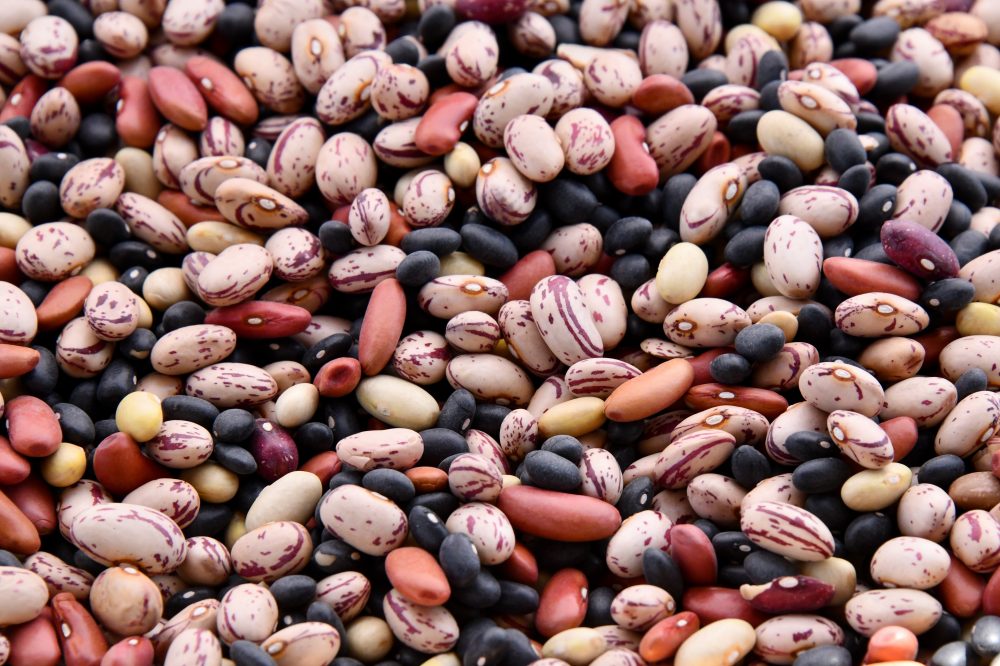Can You Get Collagen From Food?

Collagen is a protein. Fun fact: It’s the single most abundant protein in the animal kingdom, comprising one-third of the total protein in your body and accounting for three-quarters of the dry weight of your skin.
Collagen is important because it provides structural support to connective tissues that make up your body: skin, tendons, bones, and ligaments. It basically holds everything together, which is why collagen is often called the body’s scaffolding.
Its presence in your skin helps provide volume that keeps your skin looking plump (in a good way) with fewer visible fine lines and wrinkles. That’s why so many people are drawn to the idea of getting more collagen into their bodies through supplements and other products: Beauty sells.
Collagen is found in animal products — like meat, fish, and eggs — that contain connective tissue. However, the collagen that you ingest in this way isn’t automatically available for your body to use. This is because the body can’t absorb collagen in its whole form. Rather, your body breaks down the protein into its constituent amino acids, which it may then use to build new proteins.
The amino acids necessary for collagen production can come from any protein source, but plant-based proteins have generally been shown to be healthier. Some plant-based sources of protein include whole soy foods like tofu and tempeh, legumes including beans, peas, and lentils, nuts and seeds, whole grains, and even vegetables like broccoli.
The amino acids that are most important for collagen production are glycine, proline, hydroxyproline, and lysine. Some of the best plant-based sources of these amino acids are nuts, seeds, legumes, and mushrooms. (For more on protein, see our article here.)
In addition to protein, other nutrients assist the body in the synthesis of collagen.
(Excerpt from The Food Revolution Network)
